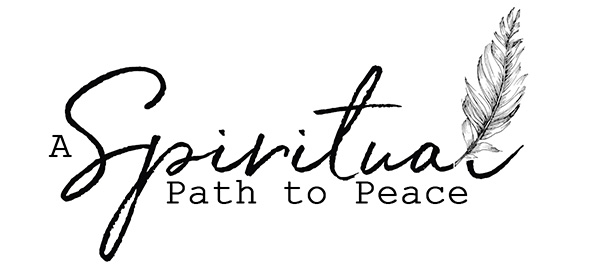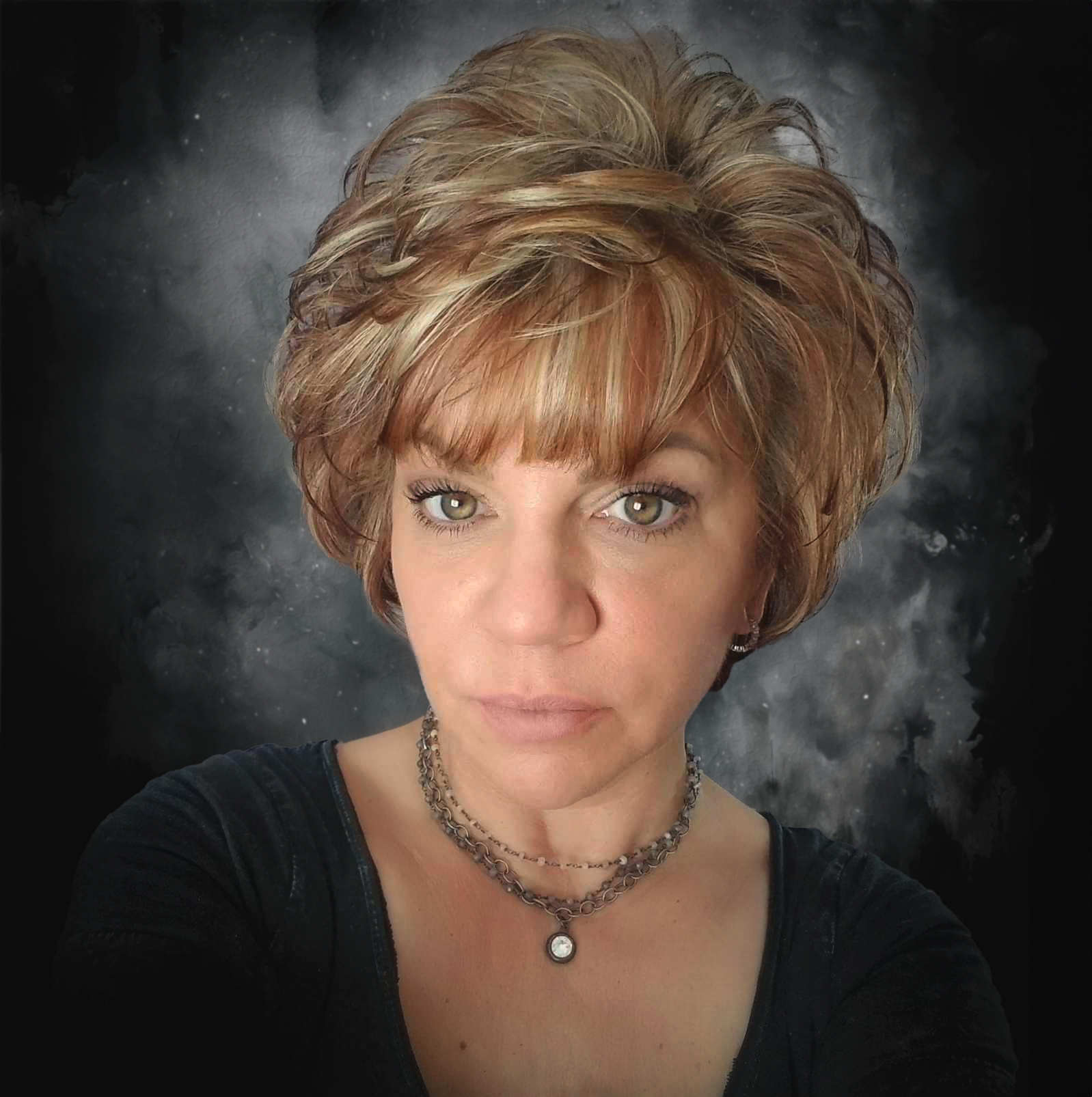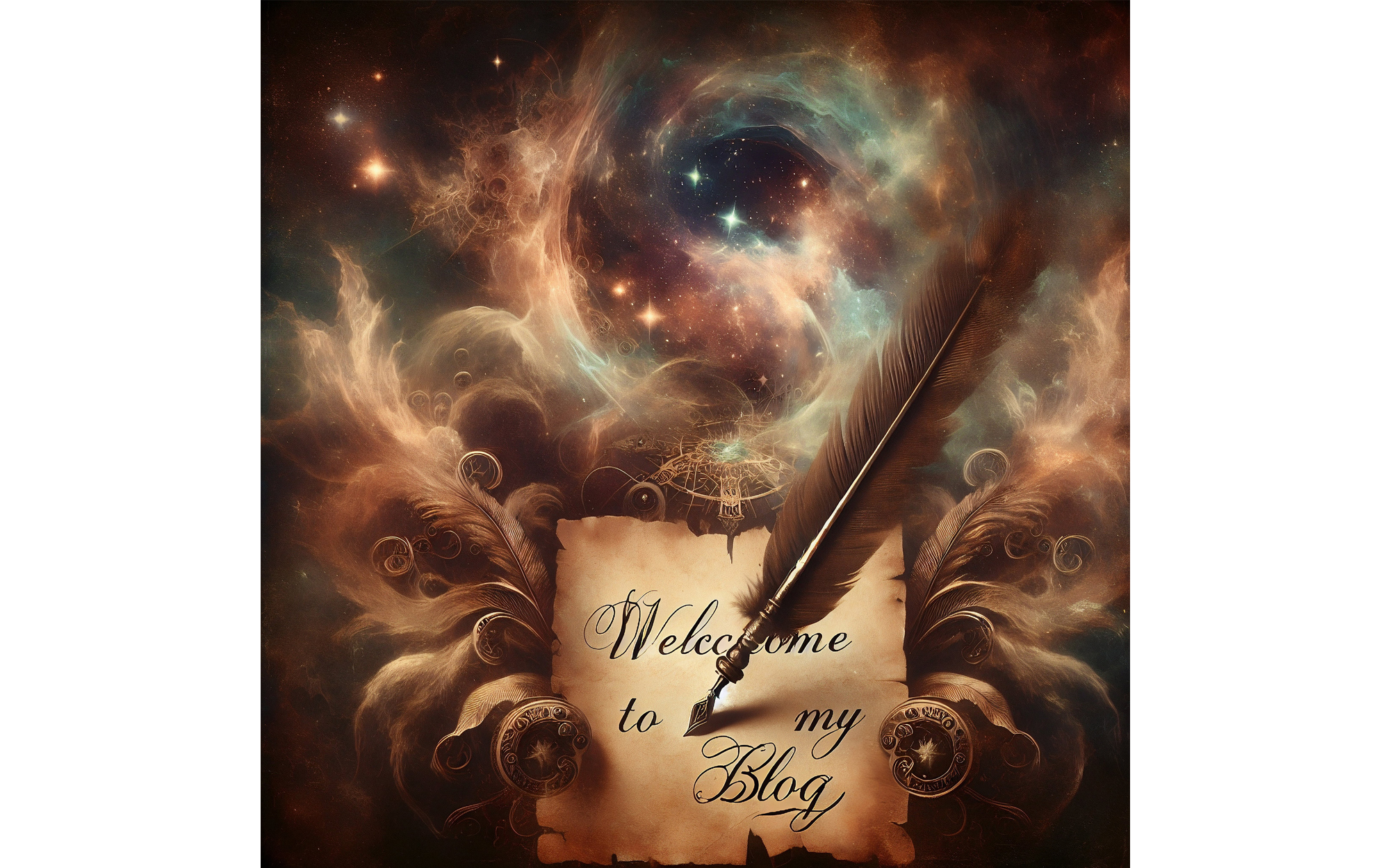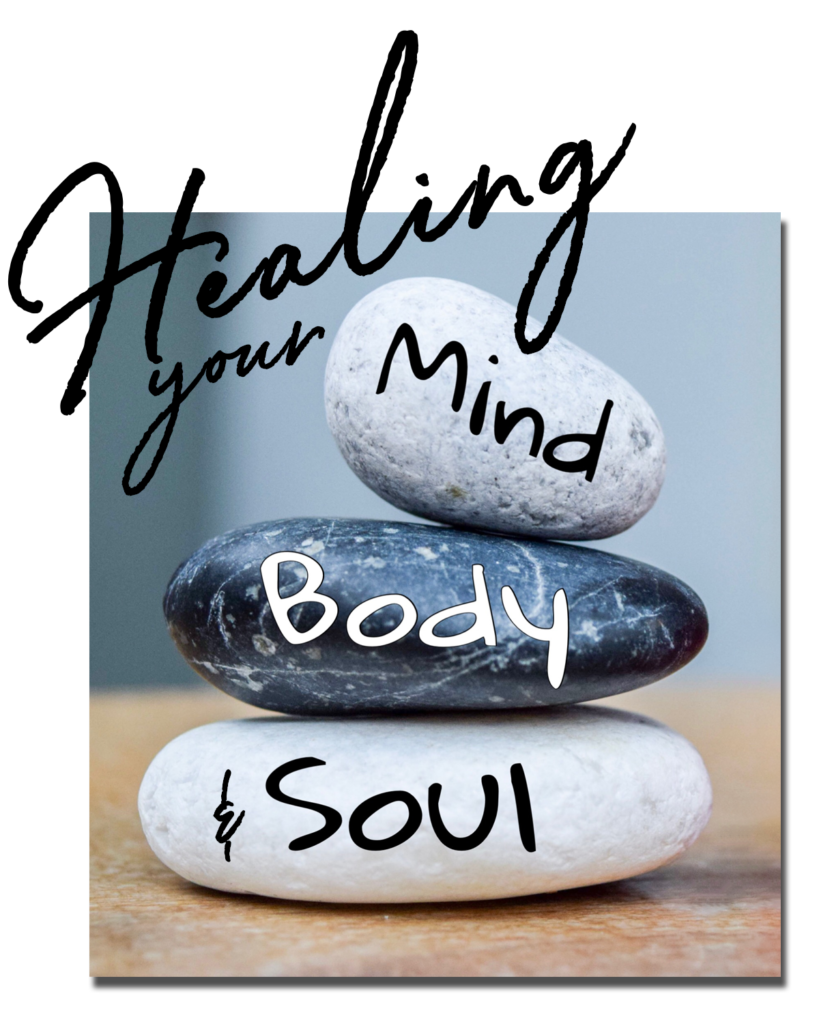What if you looked at challenging people as teachers in disguise? These challenging characters arrive precisely when you needed them most. It’s common for us to view difficult interactions with others as disruptions to our peace. But what if these challenges are essential for your soul’s growth? They may not be entering our lives to create chaos. Instead, they push us toward deeper understanding, emotional resilience, and spiritual evolution. These individuals act as catalysts, prompting us to look inward and confront the aspects of ourselves that require healing.
Difficult people are the greatest teachers. They reveal our weaknesses, vulnerabilities, and give us opportunities to rise above them.
– Cindy Baxter
Difficult People: Teachers Who Reflect Our Hidden Strengths

Think about that coworker who challenges you at every turn. These challenging people are teachers in disguise, pushing you to develop assertiveness. They question your decisions and test your patience. While it’s easy to view them as obstacles, what if they’re here to help you grow? They may be teaching you to trust your instincts, stand your ground, and set boundaries. Through their resistance, they make you stronger. These lessons will serve you in all areas of life, helping you become more self-assured.
The Lesson of Self-Worth
Now consider a family member who never seems satisfied, no matter how much you do to please them. Perhaps they are teaching you the crucial lesson of self-worth. You cannot rely on external validation to feel good about yourself. By facing their impossible expectations, you’re invited to look within. Your value isn’t dependent on others’ opinions. These situations challenge you to cultivate self-love and acceptance. You will begin to realize that your worth comes from within. Every time I encounter someone challenging, I pause and ask my higher self, God, Source, or the Universe, “What am I meant to learn from this situation?” Embracing the belief that life is happening for you, not to you, can change everything. Every experience is an opportunity for growth. Now that I’ve healed from six decades of what I once saw as abuse, I realize I was never a victim of criticism or betrayal. Instead, I was a student of profound lessons, leading me to a deeper understanding of life in general and to a profound personal transformation.
A Shift in Perspective
If you can you take a step back and look at these challenging people and situations more objectively, I promise, your life will transform before your very eyes.
My Personal Journey: Lessons from a Critical Mother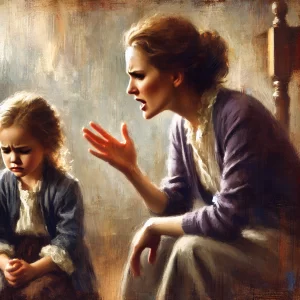
This lesson really hit home. My mother was extremely critical of me—I could never do anything good enough in her eyes. For years, I constantly strived for her approval. While her criticism was harsh and hurtful, I now see that it was a pivotal factor in shaping who I am today. It became one of the key reasons I’ve successfully run a business for over four decades. Her inability to recognize my worth pushed me to strive for perfection and to please her in every way I could. The criticism turned me into a people-pleaser, a trait my clients appreciated. However, in hindsight, people-pleasing is not a skill one should strive for. Still, in my case, it served me well in building an extraordinary photography career, one in which I am very proud.
The Healing Power of Challenging Relationships
There always seems to be that friend or romantic partner who triggers our deepest insecurities. They make us feel inadequate or unworthy. While their behavior is extremely hurtful, what if they are here to illuminate the unresolved wounds within us that need healing? Through your interactions with them, you are given the opportunity to confront those parts of yourself that feel small, scared, or unworthy. Though difficult, these relationships guide you to a deeper level of self-awareness. They help you recognize and heal the insecurities that have held you back.
Viewing Challenging Relationships as Opportunities: Embracing Teachers in Disguise
Life often presents us with relationships that are challenging, sometimes even painful. These experiences can feel overwhelming, and they may pierce deep into our hearts and egos. The hurtful words, actions, and behaviors of others can leave lasting scars, making us feel unworthy, rejected, or misunderstood. But in those moments, it’s important to remember that these aren’t just random acts of cruelty or personal attacks—they are lessons, opportunities for growth, and invitations to heal that our soul chose for our highest good.
Seeing the Bigger Picture
When we step back and reflect on these painful moments, we begin to see a different perspective. It’s easy to internalize the hurt, thinking it’s a reflection of our flaws or shortcomings. However, the truth is that the negative behavior of others rarely has anything to do with us at all. Their words and actions are often a mirror of their own unresolved pain and struggles. They’re expressing their own wounds, projecting them onto us, even if unknowingly.
There was a time when I felt overwhelmed by the actions of my mother and ex-husband, both of whom caused me emotional pain. Reflecting on the situation, I asked myself, “What happened to them in their lives that made them believe it was okay to treat me this way?” This shift in perspective allowed me to approach the situation with compassion instead of resentment. It became clear that their hurtful behavior wasn’t about me—it was rooted in their own unresolved traumas and pain.
The Gift of Empathy and Forgiveness
In that moment, I chose to feel empathy for them. I understood that their actions were a manifestation of their suffering, not a reflection of my worth. This realization opened my heart to forgiveness. Forgiveness, in this case, was not a gift to them—it was a powerful gift to myself. It freed me from the emotional burden of carrying resentment and allowed me to reclaim my peace.
The act of forgiving them was a profound turning point in my journey. It helped me release the grip that their behavior had on me, and it allowed me to heal. Instead of seeing them as villains in my story, I began to see them as fellow travelers on the path of pain, who were simply doing the best they could with the tools they had. This shift in perspective brought me a sense of peace and freedom that I had been seeking for so long.
When we can view the difficult people in our lives as teachers, rather than sources of suffering, we unlock the power to transform our pain into wisdom. And in doing so, we free ourselves from being bound by their actions and start walking the path of healing and self-love.
You Are Not Alone
If you are experiencing this in your life, you are not alone. I speak with people every day who suffer from relationships like this. In my own experience with a narcissistic mother and narcissistic romantic partners, feelings of unworthiness were always front and center. By the end of my last marriage, I could clearly see how my husband’s actions triggered the emotional wounds left by my mother. That relationship, as difficult as it was, served as the catalyst for deep healing and self-love. In hindsight, he was a gift—a painful yet invaluable one that led me to a path of profound growth and healing.
Difficult People as Mirrors for Self-Discovery
These difficult people, whether they are coworkers, family members, romantic partners, or friends, serve as mirrors. Remember, challenging people are teachers in disguise who reflect back the parts of ourselves that we might otherwise overlook. When someone triggers anger or frustration within us, it’s a signal to examine those emotions more closely. What are they revealing about our insecurities, fears, or unresolved wounds? By engaging with these difficult personalities, we embark on a profound journey of self-discovery.
The purpose of these challenges isn’t to break us down but to build us up. Each difficult person serves as a guide, albeit a tough one, showing us where we need to grow. They push us to set boundaries, teaching us the value of self-respect and self-preservation. In doing so, we learn to protect our peace while still engaging with the world around us. Boundaries aren’t just about keeping others at a distance; they’re about declaring our worth and ensuring that we honor our own needs.
Empathy and Forgiveness: The Keys to Your Personal Peace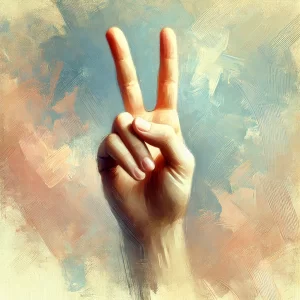
Moreover, these teachers invite us to practice forgiveness—not just for their actions, but for ourselves. Forgiveness allows us to release the grip of resentment that keeps us tethered to the past. It frees us to move forward with a lighter heart and a clearer mind. In forgiving others, we often find that we are the ones who benefit the most, as we reclaim our emotional freedom and peace of mind.
The Power of Empathy
But beyond boundaries and forgiveness, one of the most powerful lessons challenging people as teachers impart is empathy. It’s easy to react in anger when someone mistreats us, but we don’t always know the full story of their struggles. Perhaps that coworker who constantly challenges you is dealing with immense pressure at home, or the family member who criticizes you endlessly might be battling their own feelings of inadequacy. By extending empathy, we can shift our perspective, recognizing that everyone carries unseen burdens.
Take, for example, the familiar situation of someone cutting you off in traffic. Your first instinct might be to throw them a gesture of frustration—perhaps the “bird.” But before you react, consider this: when you flip that middle finger, it is simply just one finger away from the peace sign. Instead of reacting with anger, what if you threw them a little peace? You don’t know if they’re rushing to a loved one who’s in the hospital, desperately trying to make it in time. Or maybe they’ve just received devastating news and aren’t thinking clearly. Perhaps they’re overwhelmed by the stress of juggling work, finances, and family. When we choose to respond with empathy rather than anger, we offer a small gift of kindness to a world that often feels harsh.
Empathy and forgiveness for others is not about letting them off the hook; it’s about freeing yourself from the chains of bitterness and resentment. Holding on to anger and unforgiveness only keeps us bound to the past, allowing negative emotions to fester and erode our peace. Empathy allows us to transcend the boundaries of the self, stepping into the sacred space of another’s experience. It’s not about excusing their actions, but about choosing to protect our inner peace and emotional well-being. By forgiving, we break free from the grip of negativity, allowing ourselves the space to heal and move forward with clarity and tranquility.
For more insights on the transformative power of forgiveness, be sure to check out my blog post, ‘The Healing Power of Forgiveness.’
Embracing Challenging People as Catalysts for Spiritual Growth
In these challenging times, empathy serves as the bridge that connects hearts across the gaping chasms of misunderstanding and discord. When we practice empathy, we transcend the boundaries of the self, stepping into the sacred space of another’s experience. Such a profound act of communion is a testament to the interconnectedness of all beings. Consider walking in the shoes of another, feeling the weight of their struggles as if they were your own. In that moment of shared vulnerability, barriers dissolve, and understanding blooms like a fragile flower in the desert of indifference.
Ultimately, challenging people are teachers in disguise who come into our lives for a reason. They help us shed old patterns and rise to new levels of consciousness. Arriving in our lives at the right moments, they push us toward becoming the best version of ourselves. These difficult teachers help us heal deep wounds and guide us to new levels of growth. In the grand scheme of life, they are not here to harm us but to help us ascend. When we embrace this perspective, we begin to see that every encounter—no matter how challenging—is an opportunity for growth. We realize that these difficult teachers are guiding us toward the expansion of our soul, helping us become who we are truly meant to be.
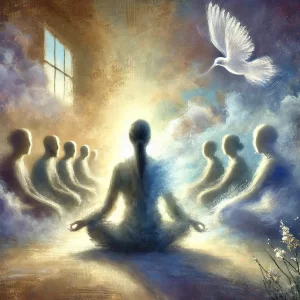 Let Me Guide You on Your Path to Peace
Let Me Guide You on Your Path to Peace
If you’re struggling with anger, betrayal, or facing a tough situation that’s weighing you down, consider reaching out to me for help. I understand your grief, your frustration, and your desire to find peace because I’ve lived it. My life has been filled with a myriad of unpleasant people—corrupt and thieving business partners, dishonest employees, backstabbing friends, cheating romantic partners, and even a narcissistic spouse and mother. In my six decades of life, I’ve learned many lessons, and perhaps the most important is that life will continue to throw you curveballs, teaching you lesson after lesson until you finally get it.
Believe me, my life hasn’t been the bed of roses that those on the outside believed it to be. Don’t get me wrong, I’ve had my share of great times, but unfortunately, those moments have long been forgotten. Isn’t it ironic that the good times roll by like water off a duck’s back, but the bad times, the challenging moments, cling to us like thorns in our hearts, refusing to let go? Spirituality has been the catalyst and my path to peace, helping me transform those thorns into seeds of growth. Let me guide you on a journey to your own path to peace.
How I Can Help
I’m Cindy Baxter, a Certified Emotion Code and Body Code Practitioner and Spiritual Life Coach. Through energy healing and spiritual life coaching, I’ve found my way back to peace and purpose, and I’m here to guide you on your own path to healing. Walk with me on a path to peace and leave life’s illusions behind.
Please follow this link to discover how the Emotion Code and Body Code can help you on your healing journey: HOW I CAN HELP
With love and light,
Cindy
